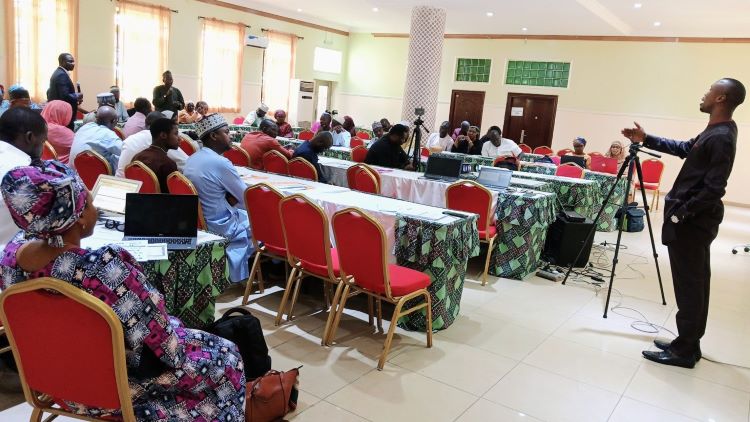PLANE to Kaduna SUBEB: Strengthen foundational skills for pupils

The Partnership for Learning for All in Nigeria (PLANE) programme has urged the Kaduna State Universal Basic Education Board to strengthen foundational skills in primary schools.
Making the call on Monday in Kaduna during the dissemination of Baseline Data on Teaching and Learning outcome in primary schools in Kaduna State, PLANE said it would improve learning outcomes.
The State Team Lead, PLANE, Ms Diana Agabi, explained that the assessment indicated areas where PLANE school level technical support to the state would also help to improve education delivery.
Agabi added that the assessment conducted between November and December 2022 covered literacy and numeracy learning levels, inclusive and safe quality classroom instructions, teachers and pupils and attendance rate.
Other areas, she said, included the availability and use of safeguarding policy and availability and use of school report cards.
Also, Mr Musa Adeyemi, PLANE Research and Learning Manager, explained that the baseline study was conducted in 43 primary schools with focus on primary two, four and six in six implementing Local Government Areas (LGAs).
Adeyemi identified the LGAs as Kaduna North, Kaduna South, Soba, Sabon Gari, Jaba, and Sanga.
He explained that a total of 758 pupils and 115 school managers were interviewed in the course of the study in 43 schools.
Presenting the key findings, Mr Gbenga Bamidele, Monitoring and Evaluation Officer, PLANE, said that the findings showed a low learning achievement among pupils.
Bamidele said that 50.6 per cent of Primary Two pupils were unable to identify Hausa letters, while 91.6 per cent were unable to identify Hausa words.
He also said that only 17.5 per cent of the pupils could identify a number, while 85.4 per cent of Primary Four pupils were unable to identify a single word in English language.
According to him, the low starting points indicate the need for Kaduna SUBEB to build foundational skills from the beginning of primary school.
On school, teacher, and pupil demography, Bamidele said the findings showed the need for government support for the provision of a conducive environment for learning.
He also called for support to teachers in the efforts to provide the highest level of quality and inclusive instruction in their classrooms.
“A concentrated effort should also be made to provide a more inclusive environment, including identifying Gender Equality and Social Inclusion (GESI) Focal Persons at the school level.
“The enrolment of pupils with disabilities is currently low, and school facilities are not available to support their physical inclusion.
“Government should, therefore, ensure appropriate facilities for learners with disabilities. This may have measurable effects on learning outcomes,” he said.
The monitoring and evaluation officer also called on the government to provide coaching and mentoring opportunities for all teachers as a strategy to provide individualised teacher professional development.
He equally urged the government to leverage on family support for learning outside the schools for lasting impacts on learning outcomes.
The Commissioner for Education, Hajiya Halima Lawal, said that assessment would inform the policy and decision makers in areas where deliberate effort and resources should be channelled.
Lawal, who was represented by the Director, Planning and Physical Development, Mr Salisu Lawal, said the baseline had indicated the challenge, adding that the next phase of assessment should show a significant improvement.
PLANE is a seven-year UK’s Foreign, Commonwealth and Development Office-funded programme designed to drive inclusive education in Nigeria with improved learning outcome.












